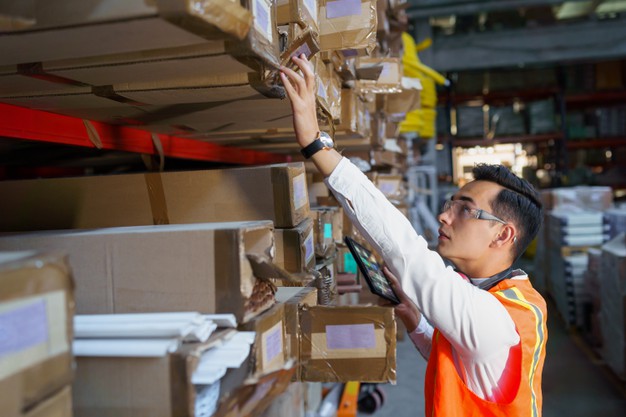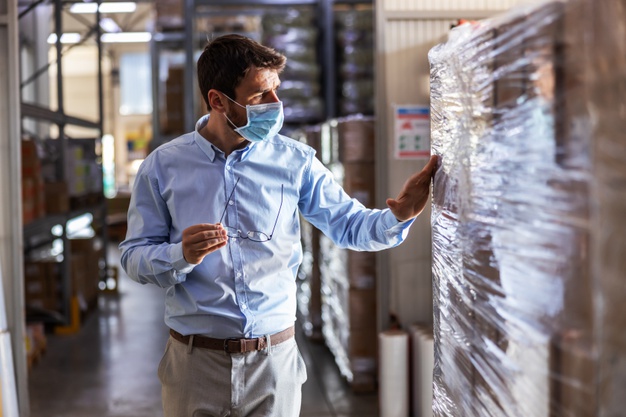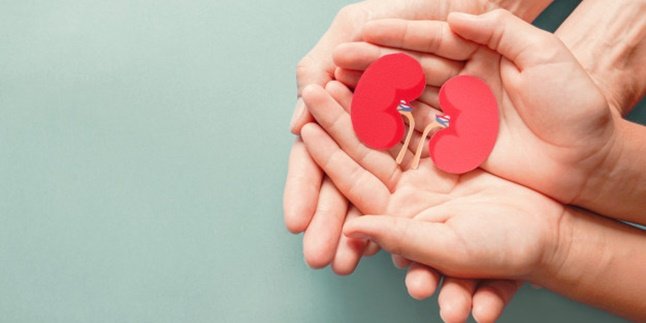Kapanlagi.com - In living their lives, everyone always has needs that must be fulfilled. Whether those needs are in the form of goods or services. Therefore, we are familiar with the process of production and consumption. Production is the process of creating goods and services. Meanwhile, a producer is the term for those who carry out the production process.
Without producers, we would not be able to consume or engage in activities that utilize goods and services according to our needs. Yes, without realizing it, producers have a significant influence on our lives. Moreover, humans tend to have a nature that is not easily satisfied. Therefore, producers not only play a role in carrying out production, but also create innovations to fulfill consumer satisfaction.
Perhaps, the term 'producer' is already quite familiar. However, in reality, there are still many who do not understand the rights, obligations, functions, and other things regarding producers. To understand all of that, read the following explanation that has been summarized from various sources.
1. Definition of Producer

(credit: freepik)
In the Indonesian Dictionary (KBBI), the meaning of the word 'produsen' is a party that produces goods. Meanwhile, in the Consumer Protection Law (UUPK), a producer is referred to as a business actor.
UUPK defines a business actor as any individual or business entity, whether legal or non-legal, established and domiciled or conducting activities within the legal territory of the Republic of Indonesia, either individually or collectively through agreements to carry out business activities in various economic fields.
This means that every business actor such as state-owned enterprises, private companies, factories, micro, small, and medium enterprises (MSMEs), retailers, and so on, are all classified as business actors. In addition, to clarify the definition of a producer as a business actor, the Indonesian Association of Economists (ISEI) classifies three types of business groups, namely investors, producers, and distributors.
UUPK also includes explanations about goods or services. These explanations are contained in Article 1 numbers 4 and 5 of Law No. 8 of 1999 concerning Consumer Protection, as follows:
1. Goods are tangible or intangible objects, movable or immovable, consumable or non-consumable, which can be traded, used, and utilized by consumers.
2. On the other hand, services are any form of work or performance provided to the public as consumers.
2. Function and Role of Producers
As mentioned earlier, producers are a very important party in the process of fulfilling needs. In the realm of economic life, producers have very vital functions and roles. The functions and roles of producers are as follows.
1. Managing and providing raw materials or equipment to carry out the production of goods or services.
2. Creating or producing goods and services according to consumer needs and demands.
3. Creating job opportunities.
4. Determining and implementing the payment process for workers and other production factors through rent or wages.
5. Conducting economic activities that directly impact society.
6. Setting prices for goods or services and facilitating payments, indirectly contributing to the circulation of money and playing a role in economic growth.
7. Being one of the sources of state income through the tax payment system.
3. Producer's Obligations

(credit: freepik)
In addition to the above functions and roles, producers also have a number of obligations that must be fulfilled. If the producer fails to fulfill these obligations, it is the community that may also be affected. These producer's obligations are regulated in UUPK Article 7. The obligations of the producer are as follows.
1. Act in good faith in carrying out every business activity.
2. Provide true, clear, and honest information regarding the condition and guarantee of goods or services, as well as provide explanations regarding their use, repair, and maintenance.
3. Treat or serve consumers correctly and honestly, without discrimination.
4. Ensure the quality of goods and/or services produced and/or traded based on applicable quality standards.
5. Provide consumers with the opportunity to test and/or try certain goods and/or services, as well as provide guarantees and/or warranties for manufactured and/or traded goods.
6. Provide compensation, indemnification, and/or replacement for losses resulting from the use and utilization of traded goods and/or services.
7. Provide compensation, indemnification, and/or replacement if the received or utilized goods and/or services do not comply with the agreement.
4. Producer's Rights
As we know, obligations always go hand in hand with rights. The same goes for producers' obligations. In the UUPK (Consumer Protection Law), the rights that producers can obtain are also regulated. The explanation regarding these rights is contained in Article 6. Some of the rights of producers are as follows.
1. The right to receive payment according to the agreement based on the conditions and exchange value of the traded goods and/or services;
2. The right to legal protection from consumers who act in bad faith;
3. The right to defend themselves properly in the settlement of consumer disputes;
4. The right to restore their good name if it is proven legally that the consumer's loss is not caused by the traded goods and/or services;
5. Rights regulated in other statutory provisions.
Those are some of the explanations regarding producers, who are parties involved in production activities. Hopefully, it is beneficial and can increase knowledge.
(kpl/psp)
Disclaimer: This translation from Bahasa Indonesia to English has been generated by Artificial Intelligence.














